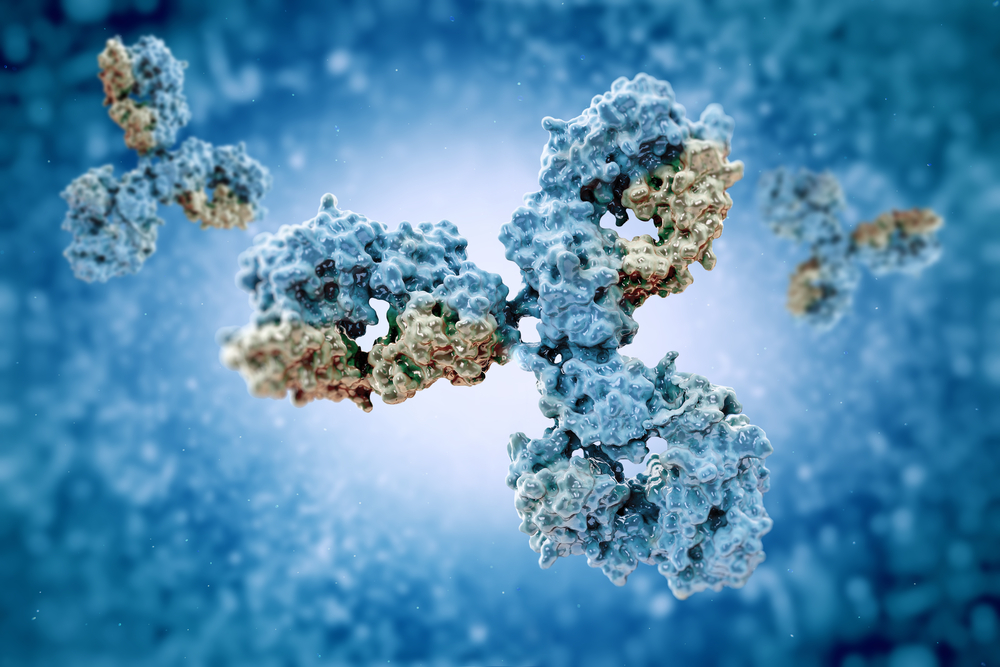Higher Levels of Autoantibodies in Gaucher Patients Not Linked to Autoimmune Diseases, Study Finds
Written by |

A multicenter study shows that people with type 1 Gaucher disease (GD) may have higher levels of serum autoantibodies, but these patients showed no clinical signs of autoimmune disorders.
The study, “Prevalence of autoantibodies in the course of Gaucher disease type 1: A multicenter study comparing Gaucher disease patients to healthy subjects,” was published in the journal Joint Bone Spine.
Some studies have suggested that GD may be related to the presence of autoantibodies, which are antibodies (immune proteins) that mistakenly target and react with a person’s own tissues or organs.
In this study, a group of researchers investigated this potential association by comparing the load of autoantibodies found in patients with GD type 1 to those found in healthy subjects (the study’s primary endpoint). Secondary endpoints included evaluating whether patients with autoantibodies showed symptoms related to autoimmune disorders and how certain treatment strategies affect the presence or absence of autoantibodies.
Researchers analyzed 40 patients with type 1 Gaucher disease recruited at 12 centers as well as 20 healthy volunteers. Blood samples were collected from all participants to screen for the presence of autoantibodies.
Other information was also collected from Gaucher patients and healthy subjects, including diagnosis characteristics, specific treatment and non-specific therapies, and whether they had pulmonary hypertension, a splenectomy, or bone events.
From the total pool, 15 patients were subjected to a splenectomy (surgical procedure to remove the spleen); 34 received enzyme replacement therapy; and three were treated with reduction therapy. As for genotypes, 25 patients were positive for the N370S mutation. A mutation is a permanent alteration in the DNA sequence.
When analyzing the load of autoantibodies, researchers detected higher levels in the group of Gaucher disease patients compared to healthy subjects, 52% vs. 26%, respectively.
Also, a specific type of autoantibodies called antiphospholipid antibodies was more frequent in the GD group, 30% vs. 5% in control group. These antibodies are present in a condition called antiphospholipid syndrome, which can lead to deep vein thrombosis, as well as cause blood clots to form in organs such as your kidneys or lungs. However, no correlation was found between the presence of antiphospholipid antibodies and these symptoms in the GD group.
The presence of antinuclear antibodies was also higher in Gaucher patients relative to healthy controls (25% vs. 16%, respectively), but patients showed no clinical manifestations of autoimmune syndrome.
“In type 1 Gaucher disease, autoantibodies were more frequent compared to a healthy population. However, they were not associated with an increased prevalence of clinical active autoimmune diseases,” researchers concluded.



